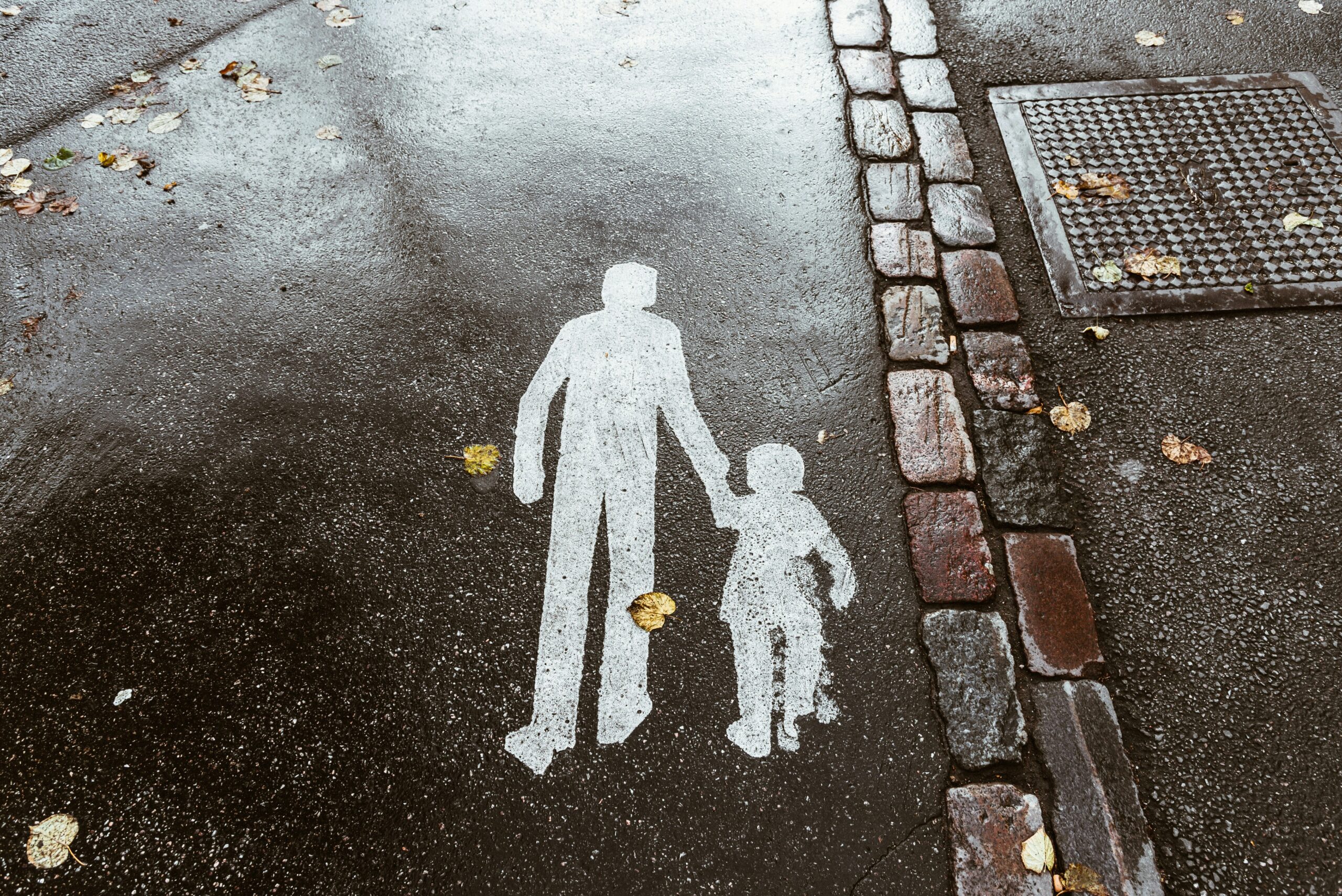A person experiences significant change over the course of a lifetime. These changes often involve socialization, the process by which one learns the appropriate attitudes and behaviors within a culture. Without a doubt, the transition from secondary to higher education involves a process of resocialization, an identity transformation in which social norms and roles are altered or replaced. One of the most dramatic periods of resocialization occurs when one goes off to college. Interestingly, 53% of Americans 20-21 year-olds are enrolled in higher education and arguably experience some level of resocialization. Let’s take a moment to consider different aspects of the transformation college students experience from a sociological perspective.

The series of social changes that a person experiences over the course of their lifetime, from childhood to senior adulthood, is known as the life course perspective. For most people, regardless of age, college is a period of intense learning. In the weeks leading up to college, many students engage in anticipatory socialization, the process of learning different behaviors or activities to aspire to group membership. This may involve acquiring the course syllabus and textbooks early to try and prepare for class. If the student is joining the Reserve Officers’ Training Corps (ROTC), their anticipatory socialization might involve transforming their mind and body by changing their diet, going to the gym, and getting into top physical shape. In both instances, the student is trying to prepare themselves for the changes they think will be occurring as a result of membership in their new group.
 The old saying “You never get a second chance to make a first impression” is true not only for job interviews but also in college. When meeting their professors for the first time, new college students often engage in impression management, an effort to control the impression others have of us. This may involve coming to class early, sitting up front, nodding and smiling when the professor makes a witty (or lame!) comment, and introducing yourself to the professor after class. The effort to manage the professor’s impression of you is an attempt to curate a studious front stage, a person’s public life that they reveal to the world.
The old saying “You never get a second chance to make a first impression” is true not only for job interviews but also in college. When meeting their professors for the first time, new college students often engage in impression management, an effort to control the impression others have of us. This may involve coming to class early, sitting up front, nodding and smiling when the professor makes a witty (or lame!) comment, and introducing yourself to the professor after class. The effort to manage the professor’s impression of you is an attempt to curate a studious front stage, a person’s public life that they reveal to the world.
 Sometimes, a person’s front stage matches their back stage, a person’s private world that they choose not to reveal. On the other hand, sometimes it does not. The person who cultivates a studious and polished nature in class could be a raging party animal behind the scenes. This dichotomy speaks to the notion of dramaturgy and the fact that we are all actors on the stage of life, and we divide our world based on what we let others see or not see of us. The person who presents a bookish demeanor in class may be hazing fraternity or sorority pledges over the weekend in a degradation ceremony, an event, ceremony, or rite of passage used to break down people and make them more accepting of a total institution. As another old saying goes, “You can’t tell a book by its cover.”
Sometimes, a person’s front stage matches their back stage, a person’s private world that they choose not to reveal. On the other hand, sometimes it does not. The person who cultivates a studious and polished nature in class could be a raging party animal behind the scenes. This dichotomy speaks to the notion of dramaturgy and the fact that we are all actors on the stage of life, and we divide our world based on what we let others see or not see of us. The person who presents a bookish demeanor in class may be hazing fraternity or sorority pledges over the weekend in a degradation ceremony, an event, ceremony, or rite of passage used to break down people and make them more accepting of a total institution. As another old saying goes, “You can’t tell a book by its cover.”
The interesting thing about college isn’t just the classes you take or the friends you make, it is the traits, behaviors, or attitudes that are learned at school that are not included in the formal curriculum. This hidden curriculum involves learning to manage your time, figuring out how to navigate personalities in the dorm, and being exposed to different races, ethnicities, cultures, and socioeconomic groups. If you are someone who is a digital native, those individuals who have always experienced a totally digital world, the hidden lesson might not take place on campus. The lesson might be figuring out how to communicate with your grandparents, who are digital immigrants, people who do not grow up with current technologies and have to learn and adapt to technology and social media later in life. While members of your peer group, social groups consisting of members with common interests, social rank, and similar ages, might be fine with Snapchat or WhatsApp, grandma still would prefer to hear your voice with a phone call. Learning to take time out for that phone call so you can connect with loved ones may be the most important lesson you ever learn.

The ultimate goal of college is graduation, a rite of passage that involves a ceremony or ritual used to mark a change in age or social status. Successfully graduating tells the world that you have earned knowledge in your field of study. Your college degree may help you progress further in life by allowing you to go to graduate school or land that dream job. Either one of those outcomes will start the process of socialization and resocialization once again.
Thompson is a co-owner of UITAC Publishing. UITAC’s mission is to provide high-quality, affordable, and socially responsible online course materials.
Images used in this blog:
- “Main Building, Louisburg College, Franklin County, NC” by Jerrye & Roy Klotz, MD is licensed under CC BY-SA 3.0. This image has not been altered.
- “Student in Class, Tulane University, September 2002” by Tulane Public Relations is licensed under CC BY 2.0. This image has not been altered.
- “Six Red Cups” by Burst is licensed on Pexels. This image has not been altered.
- “Newly Graduated People Wearing Black Academy Gowns Throwing Hats Up in the Air” by Pixabay is licensed on Pexels. This image has not been altered.




